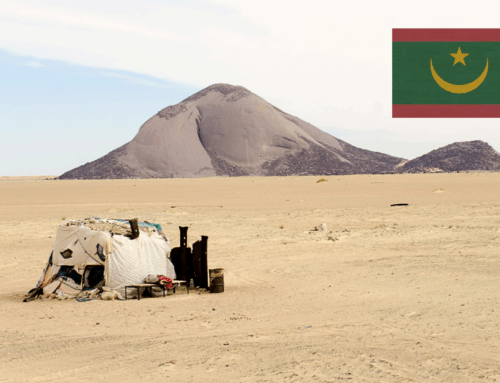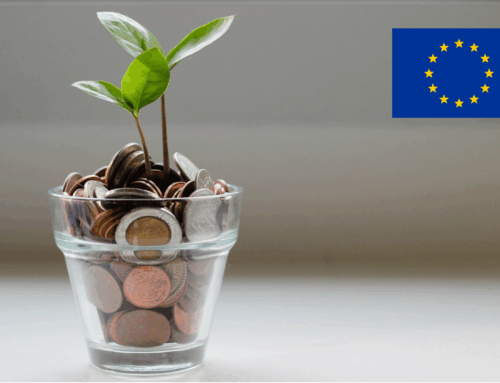On October 6, the eighth package of sanctions against Russia was passed. It includes, among other things, additional import and export restrictions as well as further restrictions on state-owned Russian companies.
The new sanctions package was formulated against the background of Putin’s annexation of Ukrainian territory and the ongoing war against Ukraine.
The new sanctions at a glance:
– Import restrictions: There is an import ban on goods worth almost 7 billion euros. This includes textiles, machines, plastics, leather and gold jewellery.
– Export Restrictions: Goods that Russia could use for warfare have been tightened. There is an export ban on coal, certain chemicals and specific electronic and technical components that Russia uses for aviation and weapons production.
– Scope of sanctions: Sanctions also apply in the areas not controlled by Ukraine, such as Kherson and Zaporizhia.
– Sanctions list: Other people and organizations are on the sanctions list. Among others, those involved in the annexation of Ukrainian territories.
– Russian state-owned companies further restricted: EU citizens are banned from holding positions on the governing bodies of Russian state-owned companies.
– Restriction of company-related services: Some services, for example in the financial and IT consulting sectors, may no longer be offered to companies based in Russia.
– Oil price cap: The implementation of the G7 declaration on the introduction of an oil price cap begins with the eighth package of sanctions. The aim is to further reduce Russia’s income from the sale of oil.
For more information on the eighth sanctions package, see the European Commission’s press release of 6 October 2022.
Source: European Commission





